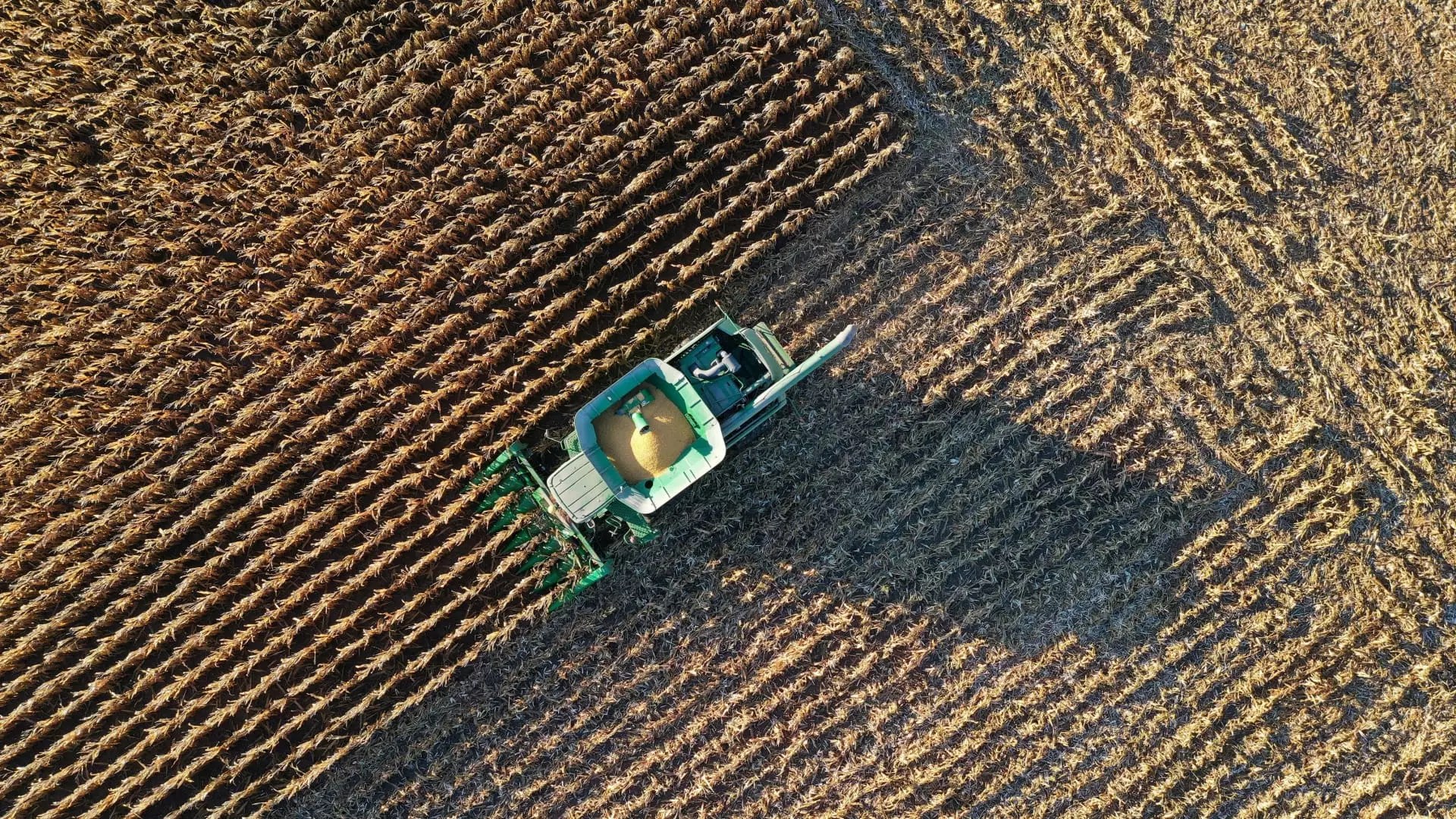In recent months, farmer sentiment has reached a historic low, reminiscent of challenges faced nearly a decade ago. As agricultural producers grapple with diminishing income expectations, the latest findings from the Purdue University/CME Group Ag Economy Barometer have reported a stark decline in confidence among farmers. In September, approximately 78% of the 400 agricultural producers surveyed articulated deep concerns regarding potential shifts in government policies following the impending U.S. presidential elections. These sentiments indicate that farmers are increasingly worried about how political transitions could negatively affect an already precarious economic landscape.
Further exacerbating these concerns is a notable decline in the financial expectations index for farmers, which dropped 18 points, reaching a disheartening score of 68 compared to the previous year. This shift marks the third consecutive month of decreasing expectations, with a growing number of farmers now predicting a decrease in farmland values—a first since 2020. As James Mintert, the head of Purdue University’s Center for Commercial Agriculture, articulated, the current economic realities suggest a potential leveling off of land values, or worse, a decline if commodity prices continue on a downward trajectory. With profit margins squeezed and production costs soaring, the outlook is increasingly grim.
The political climate surrounding the presidential race adds another layer of uncertainty for farmers. Recent polls indicate a tight race between former President Donald Trump and Vice President Kamala Harris, leaving many in the agriculture sector questioning how the outcome could shape future policies affecting their livelihoods. The anxiety stemming from possible changes to regulations and tax structures cannot be understated.
Under the Trump administration’s Tax Cuts and Jobs Act, farmers benefitted from elevated estate tax exemptions, which are due to expire shortly after the new year, instilling fear among producers about rising taxation on their land and estates. Michael Langemeier from Purdue highlights that the uncertainty surrounding future tax policies adds stress to an already strained market.
Moreover, the agriculture sector’s safety net, primarily dependent on the recently expired Agriculture Improvement Act of 2018, is a major concern. Producers are left in limbo regarding the renewal of crucial support programs, including crop insurance and disaster relief. The absence of a renewed farm bill until 2025 exacerbates farmers’ apprehensions about potential budget cuts that could significantly undermine their operations.
The Dividend of Delayed Decisions
The uncertainty surrounding agricultural policies continues to grow, with analysts like Kristen Owen noting a lack of urgency in advancing a new farm bill. This delay is troubling as key initiatives set forth by the Biden administration will also begin to take effect around the same time—further complicating the economic landscape for farmers. The question of how future tax incentives and regulations may shift under different administrations remains unresolved, further clouding the path ahead for producers.
Furthermore, trade policies are at the forefront of discussion among agricultural stakeholders. With a history of contentious trade relations, particularly with China, both candidates’ differing approaches could have substantial ramifications across the agricultural commodity board. For instance, Trump’s steadfast stance on tariffs could lead to heightened tensions, while Harris’s critique of past economic strategies implies a shift towards more favorable international trade conditions.
Despite the overarching gloom in the farming sector, some analysts argue that certain agricultural players might still find potential growth avenues. Stocks for industrial giants like Caterpillar and Deere are considered closely tied to political outcomes. Caterpillar, for instance, could benefit from a Republican victory due to anticipated policy shifts favoring industrial activity. On the other hand, Deere’s ability to navigate the current macroeconomic challenges has sparked optimism around its performance, regardless of political winds.
Christian Owen also points to companies like Green Plains, which could prosper under a Democratic administration, given its substantial stake in renewable fuel initiatives that align better with Biden’s policies. This resilience suggests that while farmers may face immediate challenges, investment opportunities exist within the broader agricultural context, although conditioned by external political dynamics.
The current landscape for farmers is undeniably fraught with challenges—diminishing sentiment, rising costs, and unclear policy directions ahead of the upcoming presidential election present a daunting picture. As uncertainty looms large, farmers must navigate this tumultuous terrain with a keen eye on both market conditions and the evolving political landscape. While concerns about the near future persist, opportunities for strategic investments could emerge, leading to a complex agriculture economy that continues to evolve in the face of adversity. The continual monitoring of farmer sentiment and policy implications will prove vital for both producers and investors in the agricultural sector moving forward.


Leave a Reply